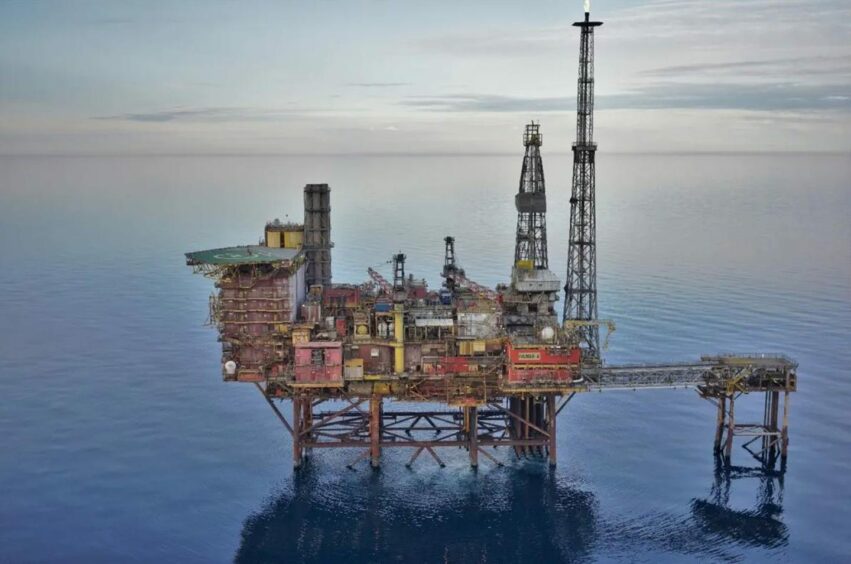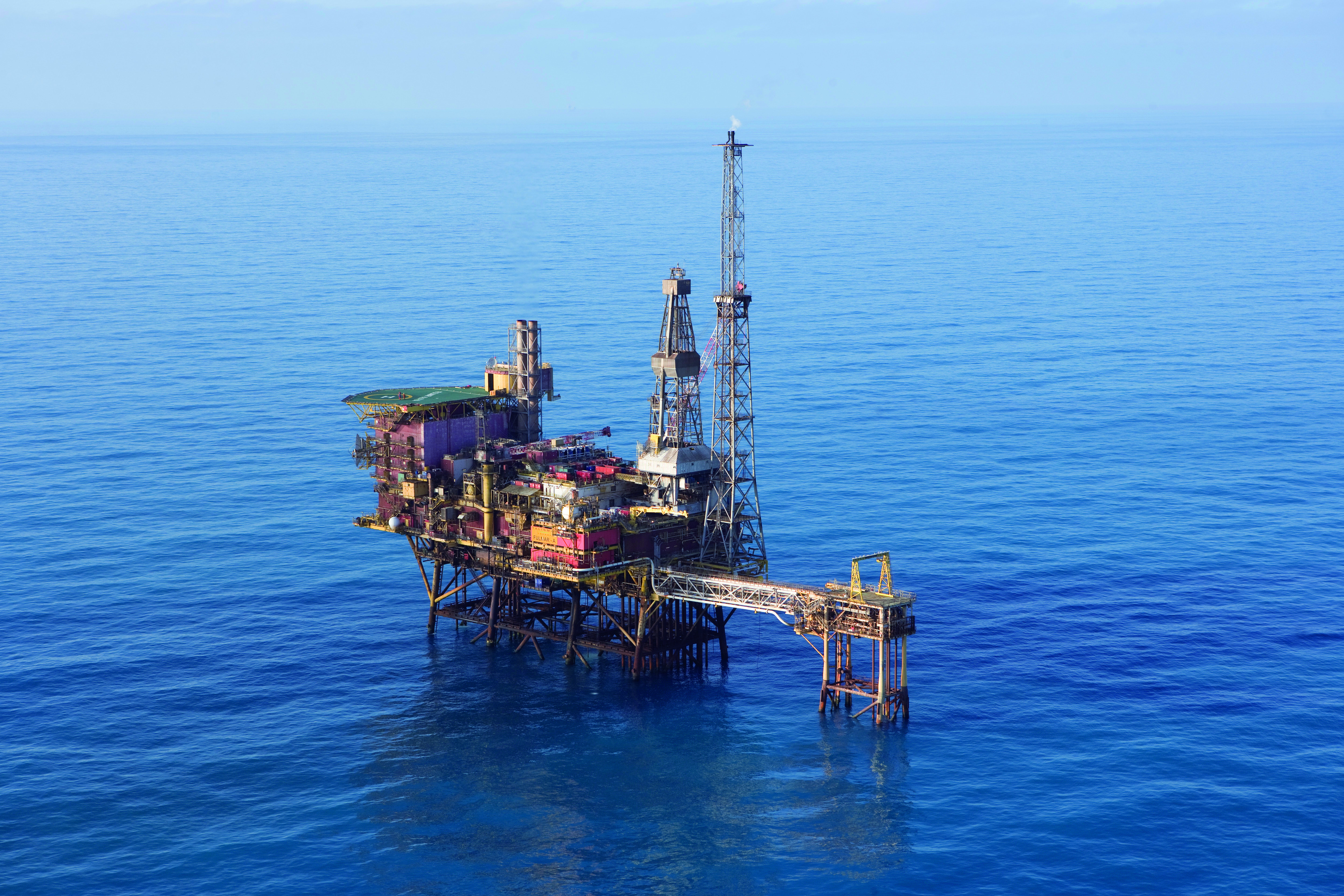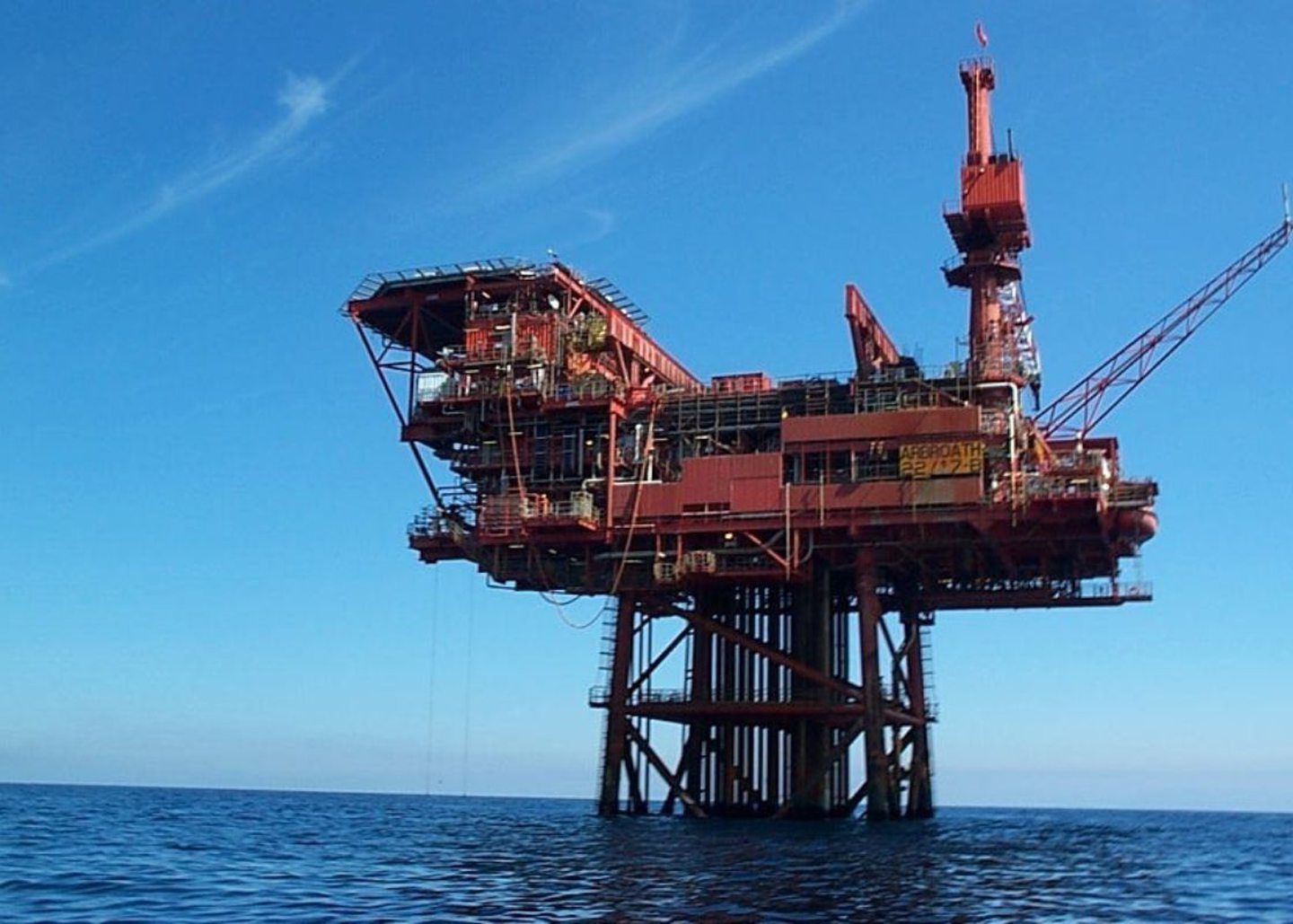
The UK offshore regulator has issued a £350,000 fine to operator Repsol Resources for “unreasonable practice” which led to a shut-in at the Flyndre field in 2020.
The sanction is the largest ever financial penalty the North Sea Transition Authority (NSTA) has given to an operator.
The regulator said Spanish firm Repsol “failed to ensure their economic recovery obligations” over a dispute involving fellow operators TotalEnergies and NEO.
Separately, the NSTA also issued a £75,000 fine to Dutch operator ONE-Dyas for failing to comply with a condition of its offshore licence.
Repsol Fulmar dispute
The dispute centred on the Repsol’s Fulmar platform, operated by subsidiary Repsol North Sea Ltd (RNS), which ceased production in 2018.
However, operators continued to use Fulmar to transport oil and gas from the Flyndre, Auk and Clyde field.
TotalEnergies operated the Flyndre field until NEO took over operations in July 2020, while Repsol operated Auk and Clyde.
Prior to the NEO takeover at Flyndre, RNS told TotalEnergies it intended to increase transportation charges through Fulmar.
When Total questioned the price hike, RNS issued a termination notice which said the transportation agreement would end on 6 August that year.
RNS refused Total’s request for further talks and the agreement ended.
As a result, the Fulmar facility – which was undergoing maintenance – did not reopen on 8 August as planned.
With Fulmar closed, the NSTA said the Flyndre field remained shut-in until the operators reached temporary agreement to resume oil and gas flows on 13 August.
However, the companies never reached a long-term agreement and the issue remained unresolved until RNS took ownership of the Flyndre field in November 2021.
NSTA investigation
An NSTA investigation found RNS failed to take necessary steps to secure the maximum value of economically recoverable petroleum required under the then-operating MER UK Strategy.
The regulator also found RNS did not operate Fulmar in a way that “facilitated the maximum value of economically recoverable petroleum from the region in which it was situated”.
RNS also “failed to ensure that it was used by or for the benefit of others within the region” and applied undue pressure to Total and NEO in renegotiating agreements.
In addition, RNS set an “unrealistic timetable, failed to provide timely information, did not justify the proposed rise in charges” and used the termination notice to “pressurise negotiations and gain a commercial advantage”.
The NSTA said it issued the fine to Repsol because its actions “could have a negative impact on investment in the North Sea”.
NSTA director of regulation Jane de Lozey said: “The North Sea needs to play a key role in progressing the energy transition and energy security in the UK and, in order to do that, operators must follow the Strategy and collaborate and cooperate with each other.
“The NSTA will continue to work with industry to help operators meet the required standards of behaviour; and this action shows that we will not hesitate to take action when an operator falls short.”
Repsol racks up reprimands
In response to the financial penalty, a Repsol UK spokesperson said the company has “fully and extensively co-operated with the NSTA’s investigation”.
“The issues that were in dispute have been resolved between the parties – this was achieved through a collaborative and commercial approach,” the spokesperson said.
“Repsol UK recognises the importance of good and proper standards of governance as set out in the MER UK Strategy and has endeavoured to act in accordance with these obligations at all times.”
The £350,00o sanction marks the second time in the past 12 months that Repsol has set a new record for the largest financial penalty ever issued by the NSTA.
The NSTA handed Repsol a £160,000 fine in December last year for breaching offshore emissions rules at its Auk North, Halley and Fulmar installations.
The company has also attracted recent attention from the Health and Safety Executive (HSE) over safety concerns on its offshore platforms.
The HSE has also reprimanded Repsol for failing to secure effective emergency response measures at its Fulmar A platform, including fire safety equipment.
Meanwhile, the HSE also rebuked Repsol over poor toilet facilities on its Arbroath platform which have been “in desperate need of replacing” since 2020.
Elsewhere, a September report listed Repsol among North Sea operators responsible for the highest volume of oil and chemical spills.
NSTA regulation
The Repsol penalty comes as the NSTA issues stronger guidance for North Sea transaction deals as part of efforts to improve operator collaboration.
Meanwhile, the NSTA issued a fine to ONE-Dyas after it plugged and abandoned a North Sea well on 7 June 2023, but only sent an application for consent two days later.
The NSTA said it is “crucial” operators receive consent before work takes place to ensure that the proposed work meets the necessary standards and is able to consider the potential for alternative uses, such as carbon storage.
Energy Voice has contacted ONE-Dyas for comment.
Recommended for you



 © Ryan Duff/DCT Media
© Ryan Duff/DCT Media © Supplied by Repsol
© Supplied by Repsol